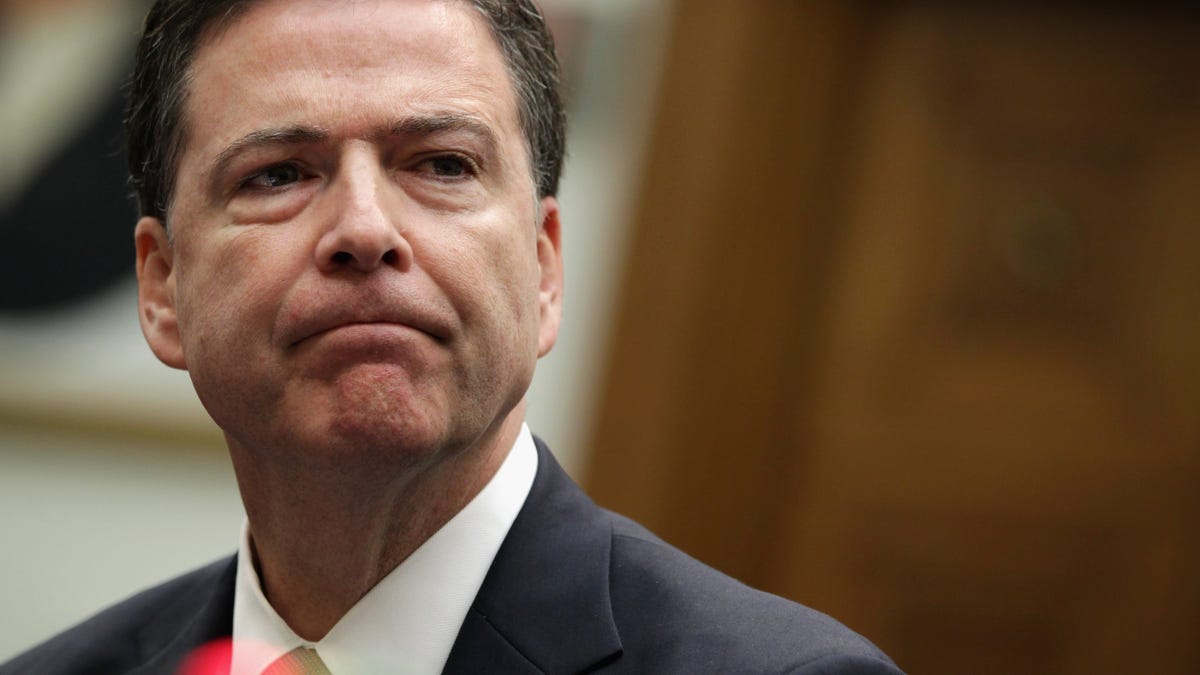FBI's Comey says Russia not done hacking US politics
The FBI director tells a senate subcommittee that Russia is "the greatest threat of any nation on Earth."

FBI Director James Comey warns that Russia still represents a cybersecurity threat to US politics.
If you think Russia is done hacking US politics, think again.
FBI Director James Comey reiterated his agency remains confident Russia tried to influence the outcome of the 2016 presidential election and was behind the hacking of the Democratic National Committee, as well as the release of hundreds of emails from the party staffers.
He also said the Russians remain up their old tricks.
"Certainly in my view, [Russia is] the greatest threat of any nation on Earth, given their intention and their capability," Comey told the Senate Judiciary Committee Wednesday, according to a transcript published by The Washington Post. The comment was in response to a question from Sen. Lindsey Graham, a Republican from South Carolina.
The comments come less than two months after the FBI confirmed it's investigating whether Russian hackers had any links to President Donald Trump's election team. Worries about Russian hacks plagued the US presidential election and its aftermath, with US intelligence agencies accusing Russia of meddling in the race for the White House.
Comey told Sen. Amy Klobuchar, a Minnesota Democrat, that Russia teamed up with criminals in a "relationship that's often difficult to define" to hack US companies, pointing to a massive breach of Yahoo's email system.
"You had some of the Russia's greatest criminal hackers and intelligence agency hackers working together," he said.
In April, CIA Director Mike Pompeo blasted WikiLeaks, accusing the Russian military intelligence of using the document-leaking site to release data of US victims obtained through cyber operations against the DNC. In October, WikiLeaks posted what appeared to be emails from a private account belonging to John Podesta, a top advisor to Hillary Clinton, possibly contributing to her loss in the presidential race.
Solving for XX: The industry seeks to overcome outdated ideas about "women in tech."
Batteries Not Included: The CNET team shares experiences that remind us why tech stuff is cool.